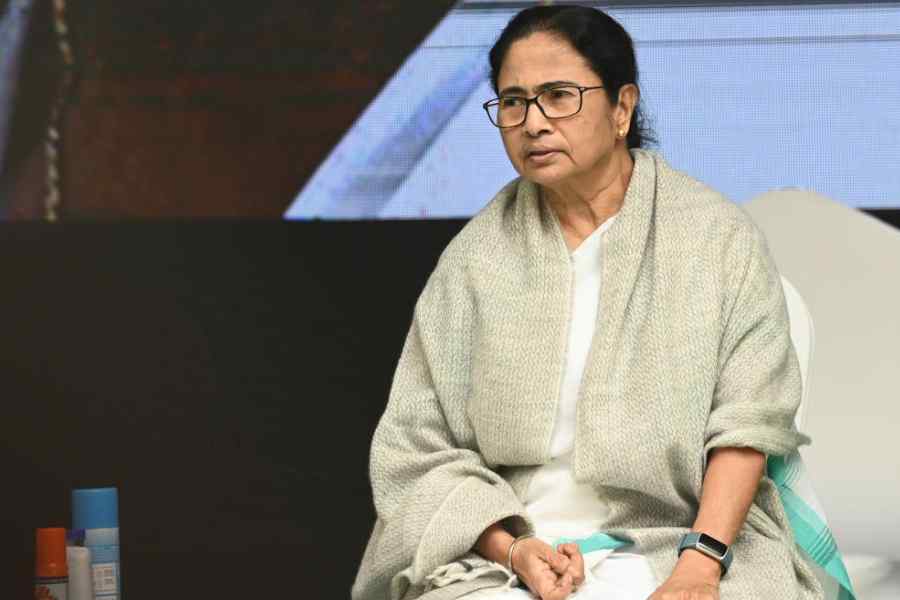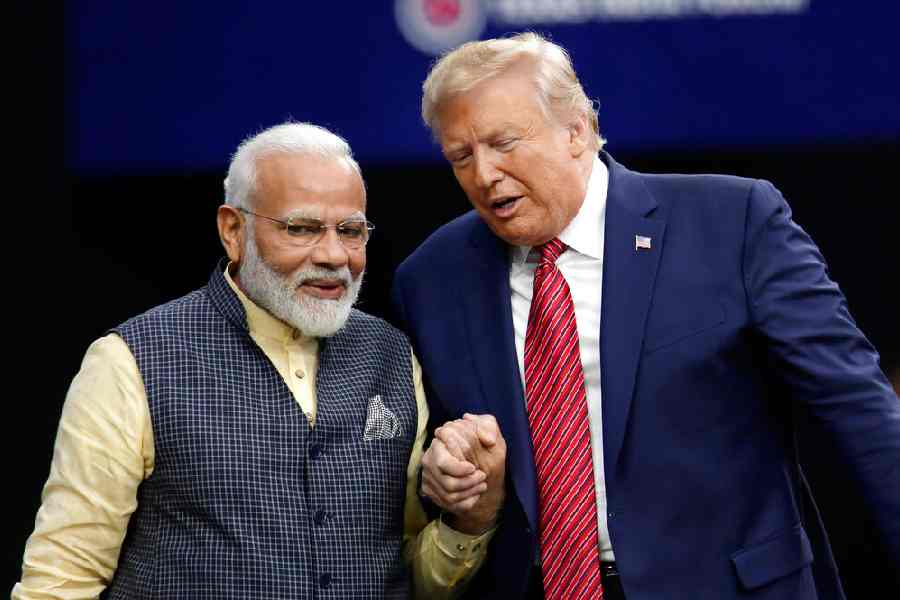The knives are out for the Congress — from its allies. After its electoral debacle in the three heartland states, the meeting of the INDIA bloc, scheduled for yesterday, had to be postponed given the ‘unavailability’ of some key leaders. Worse, there has been a perceptible effort among the Congress’s alliance partners to distance the coalition from the electoral outcome: Mamata Banerjee dubbed the results as a defeat for the Congress. There are reasons for this grouse. The Congress, quite deservedly, stands accused of not being amenable to the demand of tactical seat-sharing with allies or inviting them for a joint campaign in this round of electoral contests. Ms Banerjee recently argued that a timely seat-sharing formula could have reversed the results.
It would be interesting to examine Ms Banerjee’s claim in light of the data of voting patterns among specific demographic constituencies. Reports suggest that in Madhya Pradesh, the Bharatiya Janata Party won 26 seats reserved for the scheduled castes, while the Congress won 9; in Chhattisgarh, even though the BJP won fewer SC constituencies than the Congress, it managed to double its count; in Rajasthan, the BJP won 22 of the 34 seats reserved for SCs while receiving the lion’s share of the support of the other backward classes in that state. Equally worrying for INDIA would be the BJP’s storming of the tribal-dominated belts. In Chhattisgarh, it won 17 out of the 29 scheduled tribe seats; the figures for Madhya Pradesh and Rajasthan were 24 and 12, respectively. It is a matter of conjecture whether a seat-sharing formula among the Congress’s allies would have stemmed this saffron tide among electorally significant social formations. More worryingly, INDIA needs to examine whether one of its principal electoral themes for the general elections, the caste census, which is curated towards disadvantaged social groups, is yielding political dividends. It seems it has formidable adversaries in the BJP’s tried-and-tested narrative resting on a combination of majoritarianism, targeted welfare and claims of international triumphalism. Additionally, the disheartening results of this clutch of elections would also put INDIA at a disadvantage in the perception war, a key element of modern elections. Of course, the fractious political ties of the past shared by some of the coalition’s partners, a point that the prime minister never ceases to make, combined with their lethargy to chalk out the battle lines on time and persistent finger-pointing are unlikely to help matters. All in all, the BJP has left not only the Congress but also the Opposition alliance in a spot.











